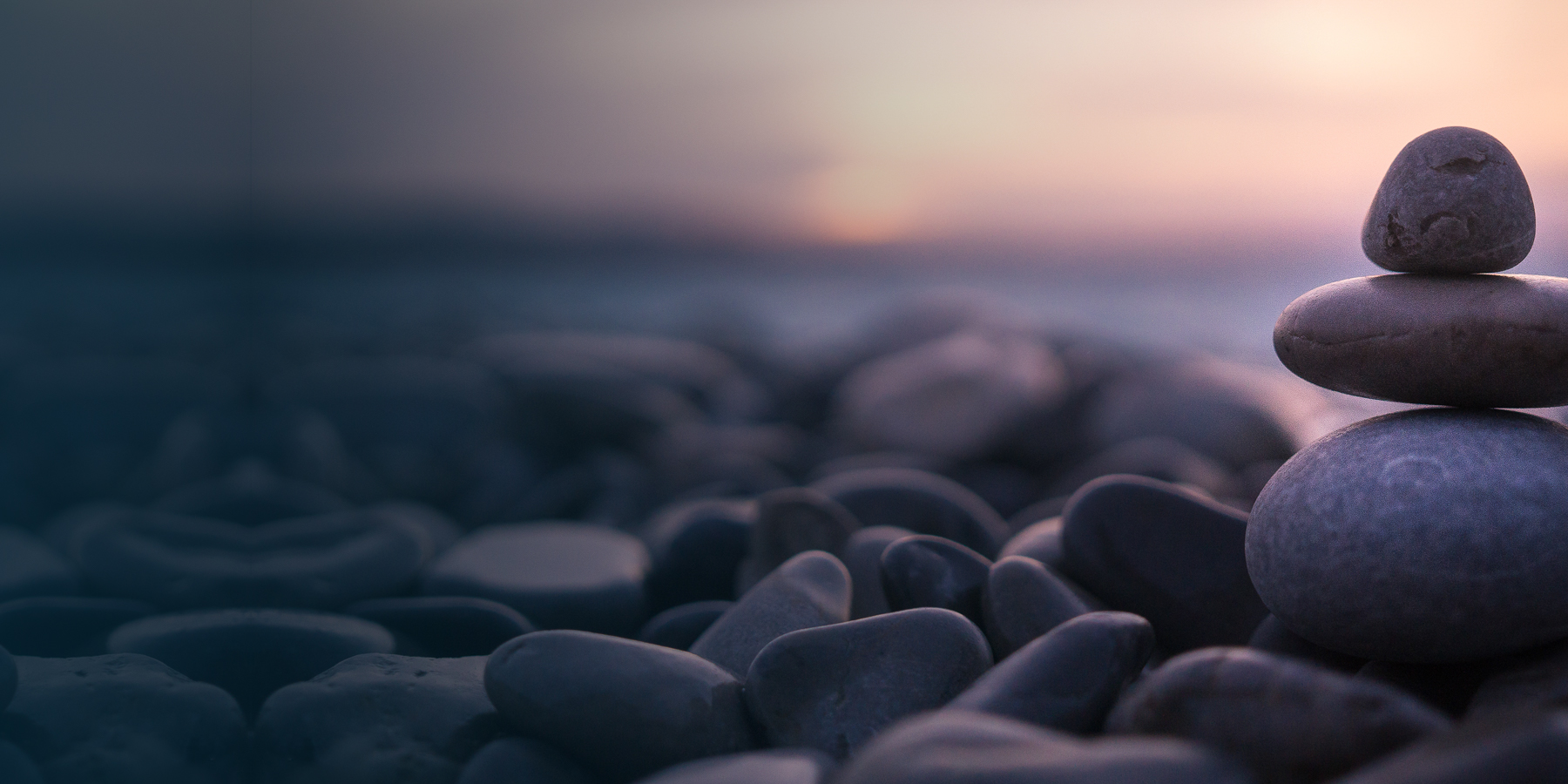For many of us, COVID-19 has had a tremendous impact on our lifestyle. Working from home. Social distancing. Homeschooling our children. Being unable to travel. And even limiting trips to the supermarket.
All of these changes can lead to a lot of added stress. Personally, just the thought of going grocery shopping makes me shudder. Not to mention being isolated for an indefinite number of weeks. (As of this writing, we are officially into our third month of lockdown!) Add in worrying about your health and the health of your friends and family, and it’s enough to send anyone’s anxiety level through the roof.
So while we can’t do much about these changes, there are steps we can take right now to find calm in the middle of this storm.
Exercise
Studies show that exercise, even just going for a simple walk or jog, lowers the level of stress hormones in your body. It helps release endorphins, which are chemicals that your body uses to improve your mood and even act as a natural painkiller. Exercising can also help improve your sleep quality. Stress and anxiety, as we all know, inhibit our ability to get a good night’s sleep. And, the best part? You can choose any activity you’d like – just as long as you get moving!
Spend time outdoors
Being in nature is good for the body and soul. It can help relieve stress, worry, and anxiety. Being outside not only contributes to your mental well-being, but can also reduce blood pressure, heart rate, muscle tension, and stress hormones. Just thinking about sitting under a tree, listening to the sounds of a nearby stream bubbling, hearing the birds singing above, and feeling the cool breeze against my skin makes me feel so much more calm and peaceful.
Listen to music
Music can slow your pulse and heart rate, lower your blood pressure, and decrease stress hormones. More importantly, it can distract you from your worries. According to the American Psychological Association, listening to and/or playing music increases your body’s production of the antibody Immunoglobulin A and natural killer cells – the cells that attack invading viruses and boost the immune system’s effectiveness. Music also reduces levels of the stress hormone cortisol. Not only does music shift our focus and act as a distraction, but it can be a great aid to meditation – helping to prevent your mind from wandering. And who couldn’t use a little distraction these days!
Just breathe
Many people may not know this, but there are two types of breathing: 1) thoracic breathing (chest) and 2) diaphragmatic breathing (abdominal). When you are feeling anxious, you tend to take rapid, shallow breaths that come from the chest. This type of breathing causes increased heart rate, dizziness, muscle tension, anxiety, and sometimes full-on panic attacks since it doesn’t properly oxygenate the blood. In turn, deep abdominal breathing increases the supply of oxygen to your brain and helps promote a feeling of calmness. The American Institute of Stress shows that abdominal breathing for 20–30 minutes a day helps relieve stress and anxiety.
Here’s a simple relaxation technique you can try right now:
- Relax your shoulders.
- Inhale slowly and deeply through your nose.
- Exhale slowly through your mouth. (As you blow out, remember to keep your lips pursed tightly and exhale slowly.)
- Repeat as needed.
Be kind and serve others
As you may have read in my other blog, “Choosing Kindness,” being thoughtful and helpful to others is also good for your well-being – and another way to reduce stress while improving your health. During this crazy time, choosing kindness is a win-win approach to everyday living. In fact, studies have shown that people who help others have lowered levels of depression and anxiety. Going out of your way to make a positive difference in someone’s life can, in turn, make a positive difference in your own life! It’s just one more way to choose calmness over chaos.
For even more ways to cope with stress during this pandemic, check out the CDC’s recommendations.
